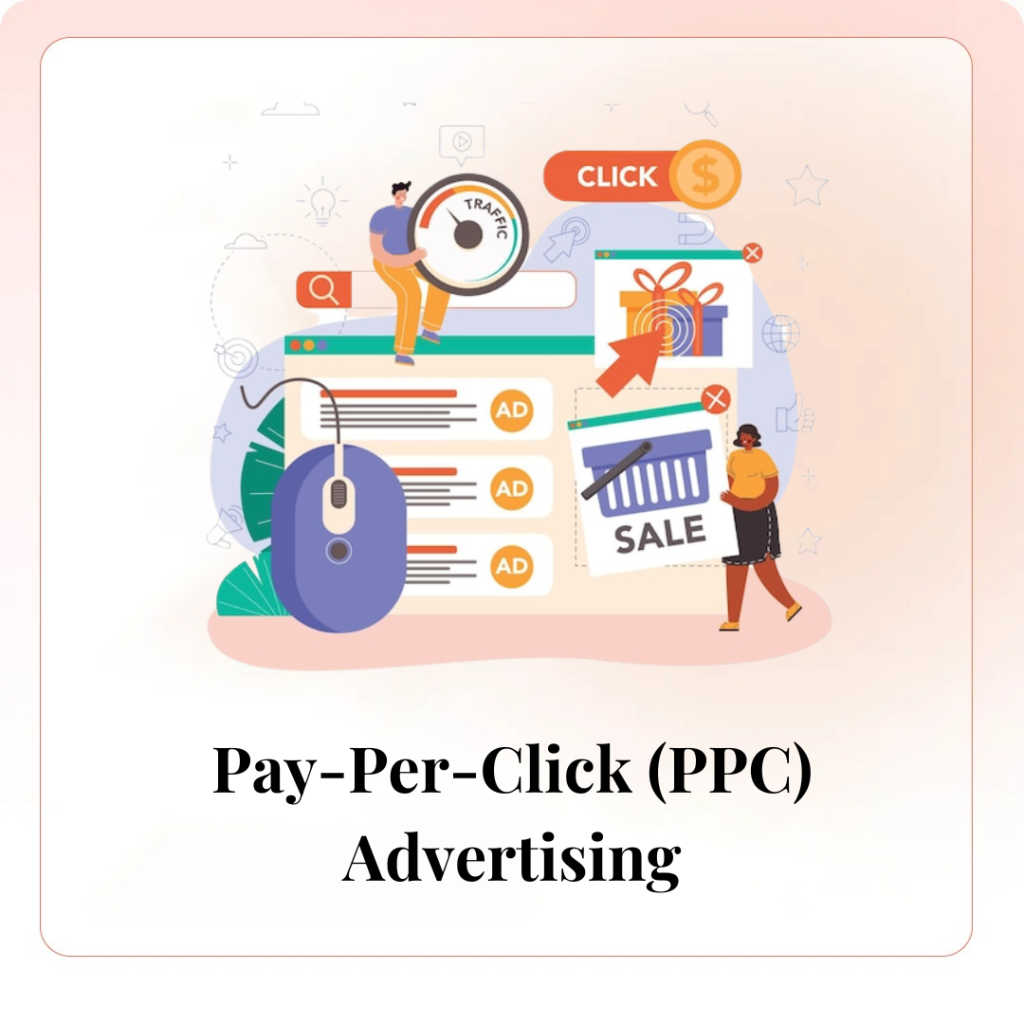Back
The legal industry has traditionally relied on word-of-mouth referrals and offline marketing strategies to attract clients. However, in today’s digital age, the role of digital marketing in the legal industry has become increasingly important. Leveraging digital marketing strategies can enhance a law firm’s visibility, build its online presence, and engage with potential clients more effectively. This blog explores how digital marketing can be used to benefit law firms and legal professionals.
A professional and user-friendly website is the foundation of any digital marketing strategy. It should include:


SEO helps law firms rank higher in search engine results, making it easier for potential clients to find them. Key SEO strategies include:
Content marketing is crucial for establishing authority and building trust. Law firms can create and share valuable content such as:


Social media platforms provide an opportunity to engage with a broader audience. Law firms can use social media to:
PPC advertising allows law firms to reach potential clients through targeted ads. Benefits of PPC include:


Email marketing is an effective way to nurture leads and maintain relationships with clients. Law firms can use email marketing to:
Online reviews play a significant role in a potential client’s decision-making process. Law firms should:


Video marketing can be a powerful tool for law firms to communicate their expertise and build trust. Effective video content includes:
Measuring the effectiveness of digital marketing efforts is crucial for continuous improvement. Law firms should use analytics tools to:
Digital marketing is essential for law firms looking to enhance their visibility, engage with potential clients, and build their reputation in the legal industry. By implementing strategies such as SEO, content marketing, social media marketing, and email marketing, law firms can effectively reach and connect with their target audience. Embrace digital marketing to ensure your law firm stays competitive and continues to grow in the digital age.
This website stores cookies on your computer. Cookie Policy

